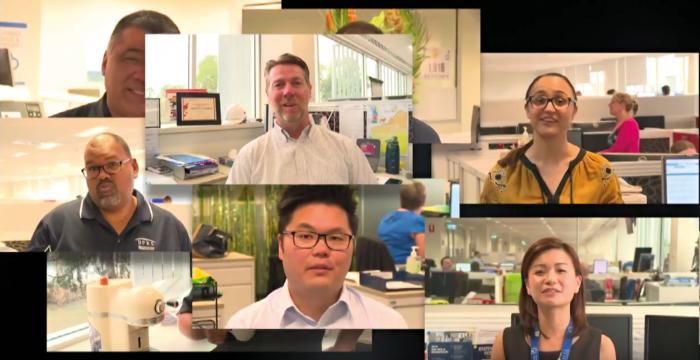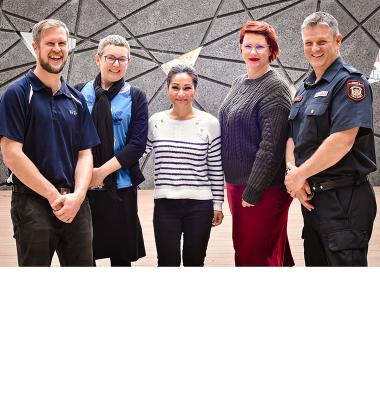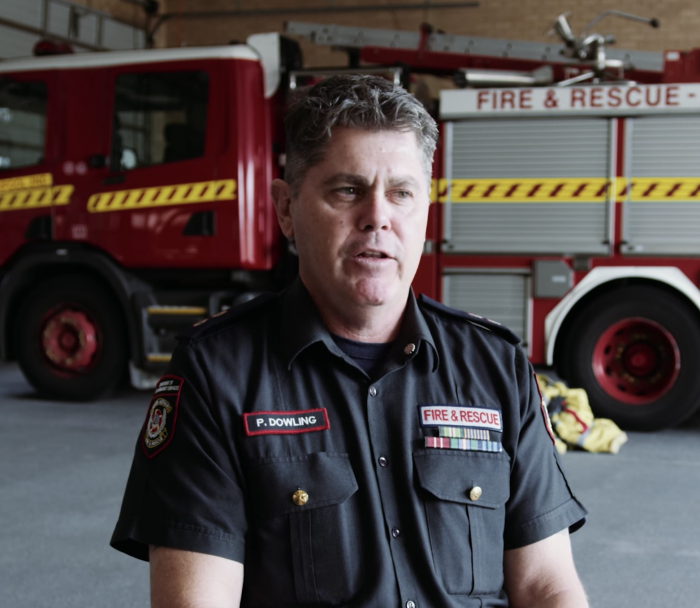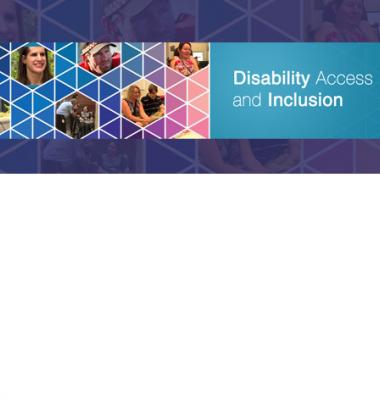Health and Safety
Our staff and volunteers regularly respond to emergencies in hazardous environments. This is why we continuously look for ways to refine and enhance our health and safety systems and procedures, to help keep our people safe.
For example, we are developing a medical health screening program designed to help manage occupational risks such as exposure to hazardous substances and noise. We have also developed a blood testing program for all past and present firefighters and volunteers concerned they may have been exposed to polyfluoroalkyl substances.





